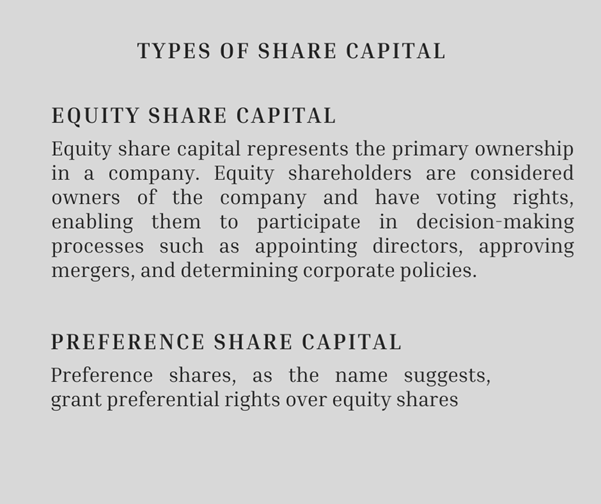Concept of Numbering of Shares of a Company
https://www.cabkgoyal.com/wp-content/uploads/2025/04/Concept-of-Numbering-of-Shares-under-Companies-Act.mov When we think of a company’s shares, it’s easy to view them as simple units of ownership. But beneath this simplicity lies a critical mechanism that ensures clarity, traceability, and transparency—share numbering. As per Section 45 of the Companies Act, 2013, every share in a company with share capital must be identified by a […]
